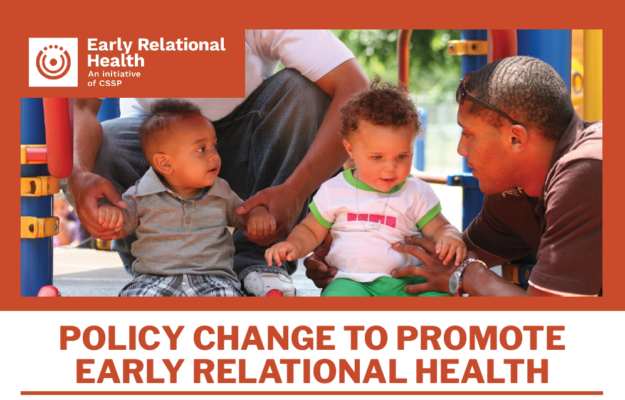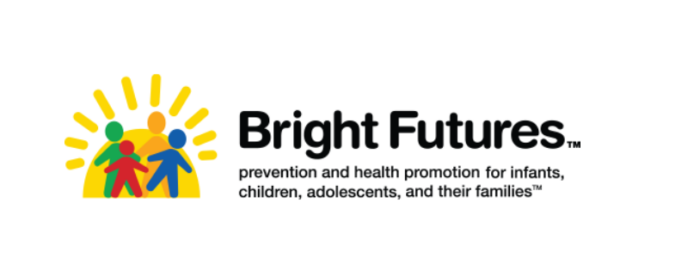Recommendations on Developmental Screening Follow-up Practices and Policies for Federal, State, and Community Level Stakeholders

Developmental and behavioral screening are prevention strategies that can identify young children early who need additional support. Although some states have made progress in expanding screening rates in recent years, it is essential that improvements continue to be made so that all young children receive timely recommended developmental screening. It is equally important that children who are found to have a developmental concern through screening that could benefit from follow-up, monitoring, and/or intervention receive the supports they need. Unfortunately, service capacity is often insufficient to meet demand. While a central focus of the brief is on the Part C early intervention system, other services are also discussed in recognition that Part C is part of a continuum of supports and services.
Following a series of interviews and small group discussions with representatives from states and national organizations, the authors identified four key themes that are critical in implementing effective developmental screening, referral, and follow-up. Challenges, successful strategies, and recommendations for policy and system changes are summarized for each theme.
Four Themes Critical to Screening, Referral, and Follow-Up
- Increase access to a continuum of early childhood and family supports and services.
- Improve early childhood system infrastructure, including developmental screening practices.
- Strengthen professional capacity.
- Ensure family engagement and parent voice.






